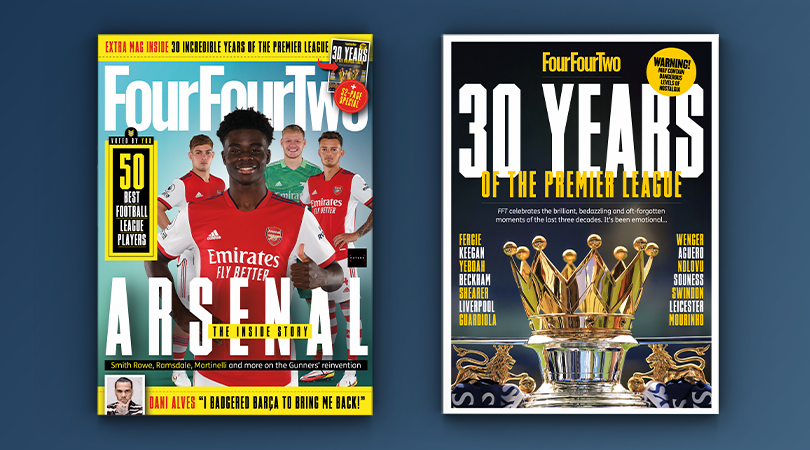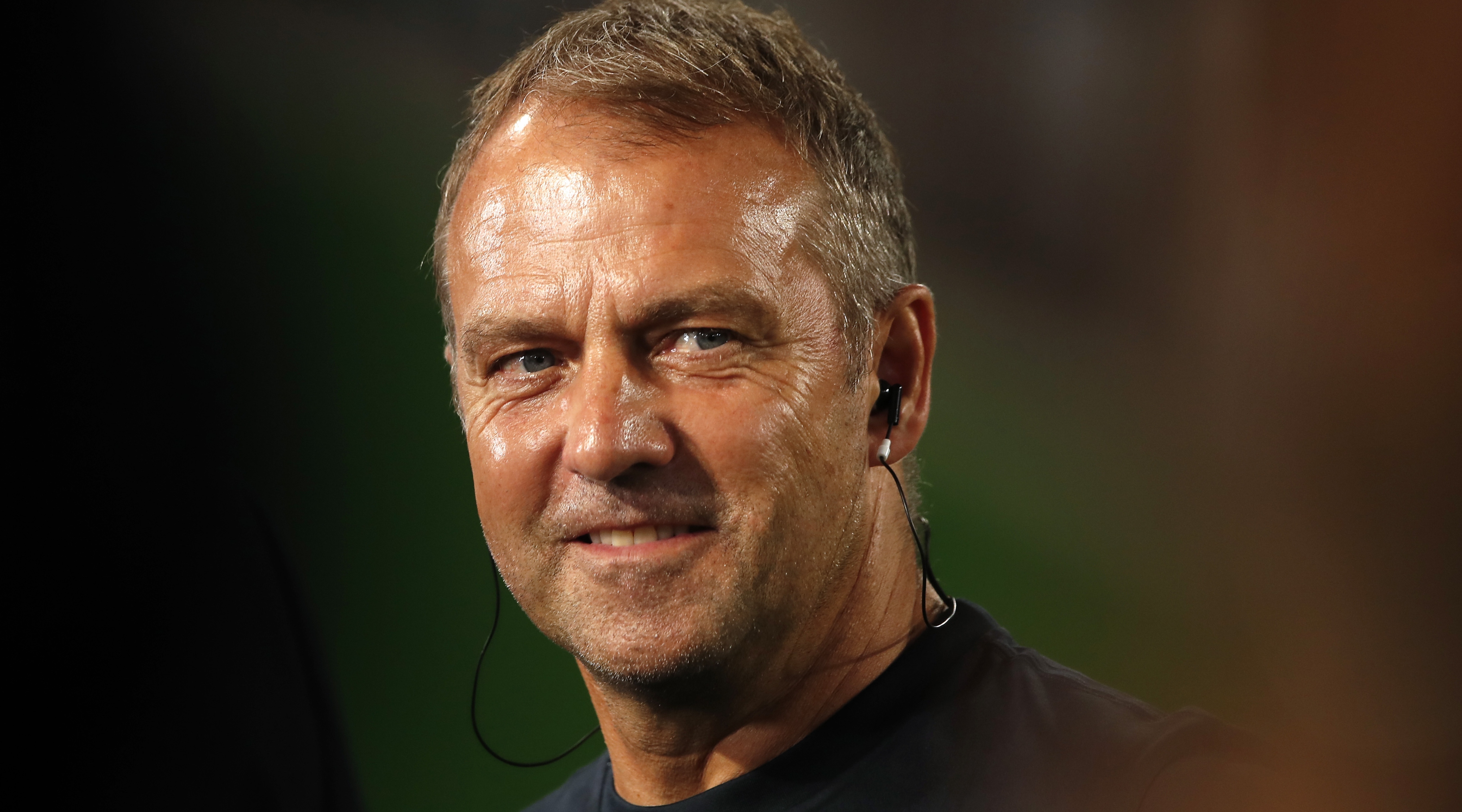Neil Warnock retires: What the legendary manager achieved that few others have
Neil Warnock has retired – and in his incredible longevity, he became one of the greats of English football

For Neil Warnock, like Elizabeth I, it is 1603 and out. Unlike Elizabeth I, Warnock has retired from football management, ending a remarkable career, spanning 41 years, 18 jobs and some 1603 matches in the professional game, even in addition to those at amateur level in his time at Gainsborough Trinity and Burton Albion.
He was the irascible record-breaker. No one else in the history of English football has taken charge of more professional games and it there was something fitting that Warnock marked the milestone, his 1602nd match, with a moan about referees, it is a colossal achievement. His longevity stemmed in part from his promotion-winning capabilities, in part from an almost boyish love of the game that he retained while a pensioner.
If Warnock was fuelled by a sense of grievance – he is rarely slow to mention how West Ham stayed up at Sheffield United’s expense in 2007 – he was one of football’s most quotable addicts. Managing his beloved Blades was supposed to be his last job: instead he took eight more posts at a further seven clubs.
Arguably his greatest feat – according to the man himself – came in that time, rescuing Rotherham from relegation in 2016. A seemingly doomed team took 20 points from eight games at one stage. There is something symbolic in that, too: Warnock got to 1603 because of his willingness to take unfashionable jobs.
His archetypal teams were defined by their team spirit. He may have had a world record for mentions of “great lads”, especially if variants involving a bunch or a group are included. Sometimes they were the same lads: Paddy Kenny jokingly announced his retirement after Warnock’s (he and Adrian Littlejohn played for him at four different clubs).
Maybe it is appropriate, too, that Warnock was defined by the Football League, not the Premier League. He never succeeded in staying in the top flight, but he was brilliant in getting there.
Sir Alex Ferguson managed Manchester United for 1500 games but the mere mortals have to graft at lower levels. Warnock worked in Yorkshire, the north-east, the north-west, the east Midlands, the south-west, London and in Wales. He went the length and breadth of the country to stay involved, often after moving to Cornwall.
The best features, fun and footballing quizzes, straight to your inbox every week.
In one of football’s great sliding doors moments, Warnock could have managed Chelsea, rebuffing Ken Bates’ approach in the early 1990s. Time has made that seem more incongruous: instead, soon after their managers were Glenn Hoddle, Ruud Gullit and Gianluca Vialli, each offering more glamour but fewer awards as Hartlepool’s player of the season. Warnock on the King’s Road would have seemed strange. He may see himself as one of life’s natural underdogs and his status as a promotion specialist should not obscure how remarkable some of those promotions were.
Scarborough have folded now but only one manager took them into the Football League: Warnock. Notts County are now in non-league but Warnock took them from the third tier to the old Division 1 in two seasons. Few tipped Cardiff to go up in 2018 but a manager approaching his 70th birthday steered them into the Premier League.
His reputation may be tarnished by ‘the Battle of Bramall Lane‘ when Sheffield United ended with six men after three red cards. His feud with Gary Megson, then West Bromwich Albion manager, meant a chapter in his autobiography ended with: “I wouldn’t piss on Megson if he was on fire.” Perhaps he preferred Megson to Stan Ternent, too, and he somehow called El-Hadji Diouf a sewer rat and yet then signed him.
Yet if Warnock’s abrasiveness meant he collected enemies for a time, often in recent years he resembled a comedian in a working men’s club, cracking out the one-liners, and the outbursts could camouflage a warmth. Warnock would not have lasted as long as he did without a genuine liking for people.
Yet if the image was of a ranting dinosaur, there was more to him than that. The quintessential Warnock sides were competitive and could be direct, but he constructed a promotion-winning QPR team around the talent of the maverick Adel Taarabt. Dean Smith’s final game as Brentford manager was against Leeds and afterwards, he was asked if Marcelo Bielsa’s tactics were unique. Off the ball, he replied, they reminded him of Warnock’s Cardiff.
If it was an illustration of his skill, that across four decades he found different ways to win, Warnock will not go down as one of the great footballing philosophers. But he was one of the great enthusiasts and one of the great survivors. Some others managed better, especially at the elite level, but no one else managed more. And that is quite something.
For a limited time, you can get five copies of FourFourTwo for just £5! The offer ends on May 2, 2022.
Richard Jolly also writes for the National, the Guardian, the Observer, the Straits Times, the Independent, Sporting Life, Football 365 and the Blizzard. He has written for the FourFourTwo website since 2018 and for the magazine in the 1990s and the 2020s, but not in between. He has covered 1500+ games and remembers a disturbing number of the 0-0 draws.
 Join The Club
Join The Club







